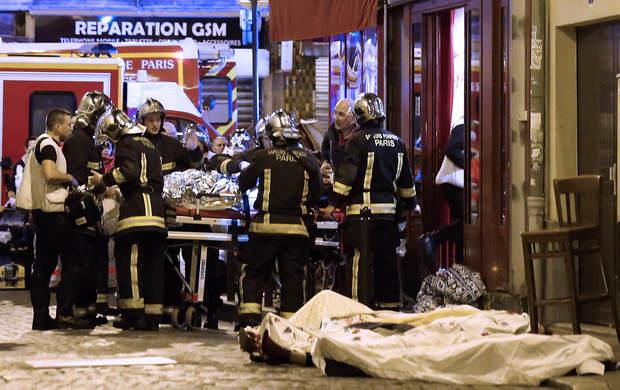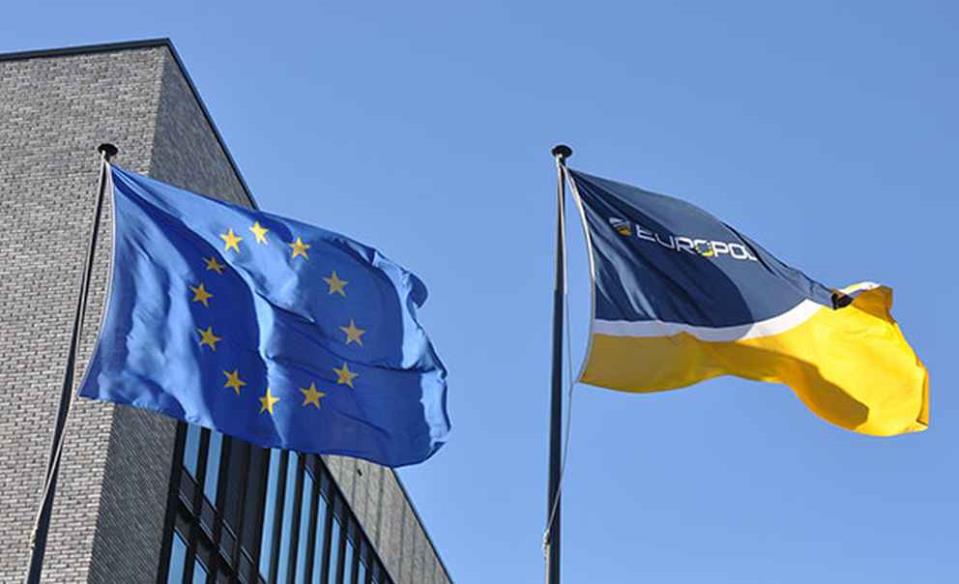On Friday, European Union countries agreed on new measures to tighten gun controls in the wake of the deadly attacks in Paris last year.
The measures include stricter rules on buying and owning semi-automatic weapons, steps to stop deactivated guns being put back into use, and better tracing of trafficked weapons.
Semi-automatic weapons that can easily be converted to deadlier fully automatic mode would be prohibited. Tighter controls would also be placed on internet gun sales.
French Interior Minister Bernard Cazeneuve welcomed the agreement saying, “It will allow the security of citizens to be improved thanks to a stronger legal framework and the increased traceability of firearms at the European level.”
High-powered assault weapons were among the arms used in the attacks in Paris at the Charlie Hebdo satirical magazine in January 2015 and the massacre on 13th November in which 130 people were killed.

Dutch Justice Minister Ard van der Steur said the new measures mean that “the risk of legal firearms finding their way to the illegal market is reduced”.
The rules would set minimum standards for EU nations to respect but do not stop them from putting tougher laws into place. EU lawmakers must endorse the rules before they can come into force.
The EU presidency struggled to strike the right balance between cracking down enough and avoiding impeding hunters and sport shooters.
Gun ownership is a cultural norm in some European countries and seen as sacrosanct. Countries like the Czech Republic resisted the move because they say it obstructs legitimate gun owners.
Van der Steur said some thought the compromise went too far, others not far enough, but that in the end it was important to act.
“What we’ve seen in the terrorist attacks is that some of the firearms used were originally deactivated legal firearms that were reactivated again,” he told reporters after chairing the EU talks in Luxembourg.
Europol investigating Slovakia-Mafia-Malta-North Africa gun smuggling ring
In the meantime, on Tuesday, Italian police arrested two leading members of a Mafia clan for weapons smuggling.
The suspects had bought more than 160 decommissioned firearms from Slovakia that could easily be put back into action, according to the EU’s police agency Europol. Some had already been reactivated and sent to Malta.

The Italian Carabinieri, in close cooperation with Europol, arrested two leading members of the Ceusi Mafia clan, affiliated to the Cosa Nostra criminal group, for weapons smuggling in Catania.
The investigation, coordinated by the local District Anti-Mafia Directorate, was initiated following the seizure in June 2015 of a parcel containing firearms and ammunition. That same month, on the basis of information provided by Europol, the French Police Nationale intercepted a parcel containing three pistols and a machine gun. Both these parcels were traced back to the same individuals.
Intelligence analysis provided by Europol’s Focal Point Firearms helped reveal that the suspects had purchased over 160 decommissioned firearms from Slovakia for a total value €45,000. These deactivated weapons had their barrels perforated by a pin, a step which can be easily defeated by changing the barrel.

The Italian investigators revealed that a number of these firearms had been reactivated and sent to Malta via courier services. They also identified links between the suspects and Egyptian organised crime networks involved in migrant smuggling activities. The Italian Carabinieri are therefore not excluding the possibility that these weapons could have fallen in the hands of criminal or terrorist organisations operating in the region.
Europol said in a statement that the information gathered during the operation will now be analysed by Europol in order to identify potential links with other criminal or terrorist activity across Europe and beyond. This case exemplifies the importance of Europol as an intelligence provider and its capability in detecting connections between seemingly unconnected cases.